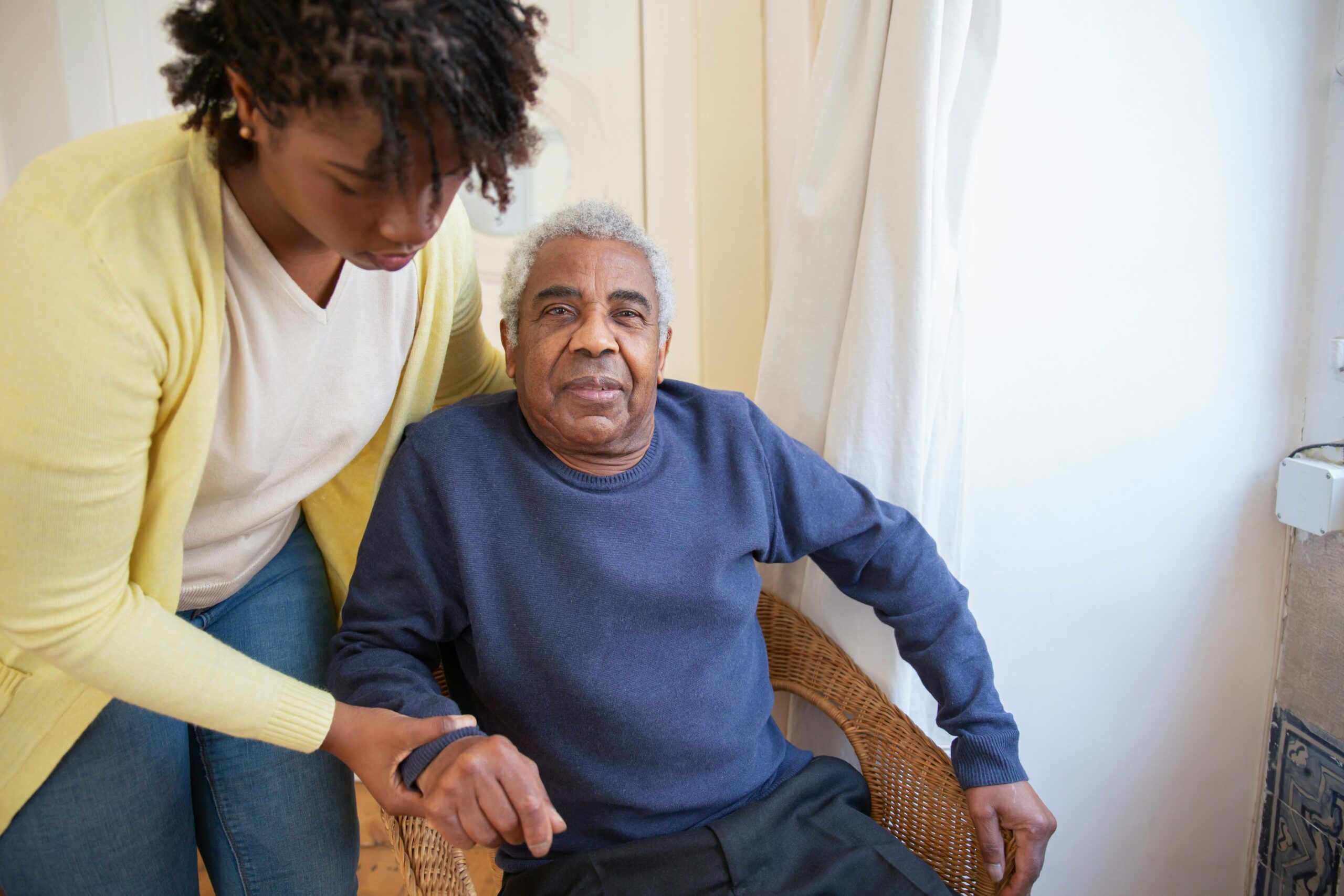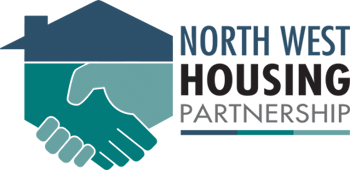
The Village of Hoffman Estates Rental Assistance Program (HE-RAP) is an effort to help families and individuals who are suffering a temporary financial setback due to the COVID-19 public health emergency. The Program serves residential renters in eligible households in Hoffman Estates with assistance in paying delinquent rent, rent arrears, utilities, and home energy cost and/or utilities and home energy costs in arrears for tenants unable to pay rent or utilities due to loss of income or other financial hardship related to the COVID-19 public health emergency. If approved, the assistance will be payable directly to the utility provider and/or landlord on behalf of the tenant. Assistance will not be paid directly to the tenant. The maximum amount of assistance eligible households may receive is dependent upon need, eligibility, and funding availability.
A fully completed application, with consent forms, and other required documents must be submitted to be considered. All applicants must meet the income eligibility criteria and must have a documented loss of income due to COVID-19.
Eligibility Requirements
In order to be considered one or more individuals obligated to pay rent under the terms of a residential lease or obligation to pay rent must the following criteria:
- Must be delinquent in paying your rent (and/or) utilities
- Qualifies for unemployment or has experienced a reduction in household income, incurred significant costs, or experienced a financial hardship due to COVID-19
- Demonstrates a risk of experiencing homelessness or housing instability
- Has a household income at or below 80 percent of the area median income
- Be a resident of Village of Hoffman Estates
- Have a current signed residential lease agreement
- Have past due utility bills in the tenant’s name
Ineligible Applicants
- Tenants who have not experienced loss of employment or income as a direct result of the COVID-19 pandemic.
- Applicants whose rental unit is not located within Hoffman Estates village limits.
Eligible Assistance
- Rent: Past due rent and up to 12 months of rental payments. Total of past due rent and future rental payments not to exceed 12 months. Amount of rental assistance is based on need.
- Utilities: Past due utilities (electricity, gas, water and sewer, trash removal and other energy costs) not to exceed 12 months.
*Assistance under this program is ineligible for assistance: lease-purchase, rent to own units in addition to housing cooperatives.
How to Apply
A request for rental assistance may be submitted by either the tenant or the landlord on behalf of that eligible tenant. If the request is by the landlord, the tenant must work directly with service provider to complete and sign the application.
Before application submittal, the following documents and information is required to determine eligibility for each household member over 18.
- Documentation to support reduction in household income due to COVID-19. (Acceptable documentation includes Termination Notice, Payroll Check or Pay Stubs, Bank Statements, Signed Letter from Employer explaining applicants changed financial circumstances, Unemployment Award Letter)
- Proof of household income. (For determining annual household income, a wage statements, interest statements, pay-stubs, or unemployment compensation statements reflecting annual income for the household and a copy of bank statements, SSI Award letter)
- Copy of signed lease and unpaid utility bills (if seeking assistance for such). (Evidence of amount of rental payment may include bank statements, or other documentation that reasonably establishes a pattern of paying rent or a written attestation by a landlord who can be verified as the legitimate owner or management agent).
- Proof of identity (Drivers licenses, state ID, passport, birth certificate)
- Documentation of COVID 19-related financial hardship. (Termination letter, reduction in hours letter, unemployment determination letter, business closed).
- Documentation of past due rent and/or utility payments. (Letter from landlord, past due bills).
- Be at risk of homelessness or housing instability. This could include being behind on rent and/or utility payments. For example, you may qualify if you have a past due rent notice or invoice, letter or other communication from landlord indicating you are behind on rent, a late or unpaid utility bill, a lockout notice or eviction notice.
How to Communicate with Landlords Don’t be afraid to talk to your landlord and let them know what has been going on. Specifically:
- Contact your landlord early and often.
- Let them know when you may be returning to work.
- Set up a repayment plan.
- Ask about waiving late fees.
- Tell them you have applied/will be applying for assistance through a local agency.
- Whenever possible, try to keep communication in writing, especially any agreement to reduce or defer rent because of COVID-19.
- Avoid cash payments without receipts.
- You may need to educate landlords about tenant protections due to COVID-19 (i.e. eviction moratoriums) and even let them know about resources that may be available to assist them. For example, they may qualify for mortgage forbearance.
Do I Need to Pay My Rent? Can I Be Evicted?
Different types of tenancy (i.e. month-to-month Vs fixed-term lease) can also impact tenant protections.
Let’s start with a simplified overview of the typical eviction process:
- Landlord notifies tenant of intent to terminate lease (“Five Day Notice”)
- Landlord files eviction complaint with court
- Court delivers summons to tenant (“Service of Summons”)
- Court holds a hearing and issues a ruling (if in favor of landlord, an eviction order is issued)
- Sheriff’s office enforces the eviction order
What if My Landlord Wrongly Tries to Evict Me?
- It is illegal for landlords to force or pressure tenants to leave without going through the formal eviction process.
Examples of illegal actions include:
- Changing the locks
- Removing doors or windows
- Turning off utilities
- Removing tenant belongings
- Call the police if a landlord attempts “informal eviction” strategies such as the above.
- Seek out legal advice. A list of nonprofit legal service organizations with expertise in housing issues is provided later in the presentation.
Crisis Budgeting
- Develop a realistic budget and attempt to negotiate a repayment plan with your landlord.
- A Crisis Budget should reflect your current priorities
- Rent, food, utilities, insurance, medical, auto, etc.
- Consider how much money you have to work with and when will it arrive.
- What needs to be paid this week vs. next week?
- List your expenses – needs vs wants – get expenses to bare minimum.
- Eliminate what you don’t need: cable channels, ordering out, gym memberships, etc.
- Identify what resources you can use to lower expenses such as food pantries, utility assistance, rental assistance, etc.
Utility Resources
Low Income Home Energy Assistance Program (LIHEAP) • Helps eligible low-income households pay for home energy services. Call 1-800-334-7661 or visit www2.illinois.gov.
ComEd • ComEd CARE Program offers a range of financial assistance during the COVID-19 emergency. Visit www.comed.com or call 1-800-334-7661.
Nicor Gas • Customers facing hardships may qualify for a range of financial assistance through Nicor. Call 888- Nicor4U (642-6748) or visit www.nicorgas.com.
Nonprofit Legal Resources
Prairie State Legal Services 847-662-6925 www.pslegal.org Free legal services for low-income persons and those age 60 and older. They have 12 offices serving 26 counties in Northern Illinois.
North Suburban Legal Aid Clinic 847-737-4042 www.nslegalaid.org Free legal services in the areas of housing, immigration, and domestic violence. Serving the northern suburbs of Chicago.
Open Communities 847-501-5760, www.opencommunities.org Legal assistance in the northern suburbs of Chicago.
Legal Aid Chicago 312-341-1070, www.legalaidchicago.org Free legal advocacy in Cook County.
Illinois Legal Aid, www.illinoislegalaid.org Free 24/7 online access to legal information to all Illinois residents.


U.S. Department of Housing & Urban Development- Approved Housing Counseling Agency
NWHP adheres to non-discriminatory practices and is an equal employment employer and serve clients with the greatest economic and social need, low-moderate income minority & persons with limited English proficiency.